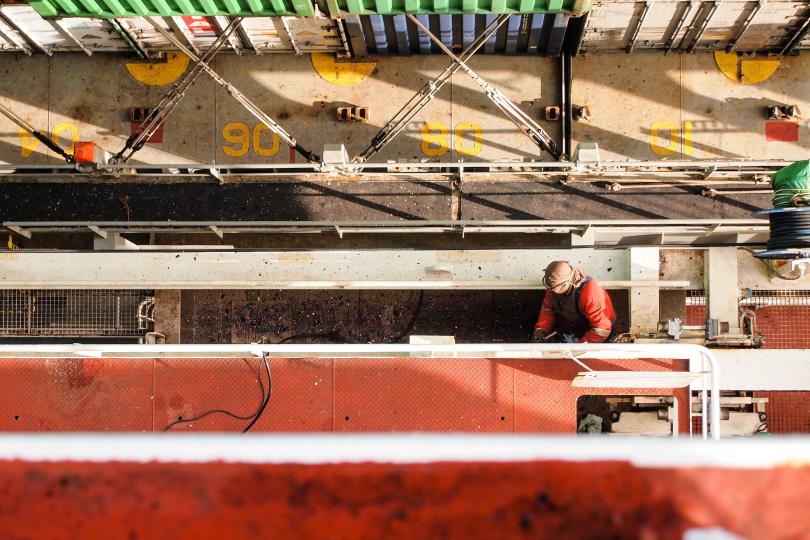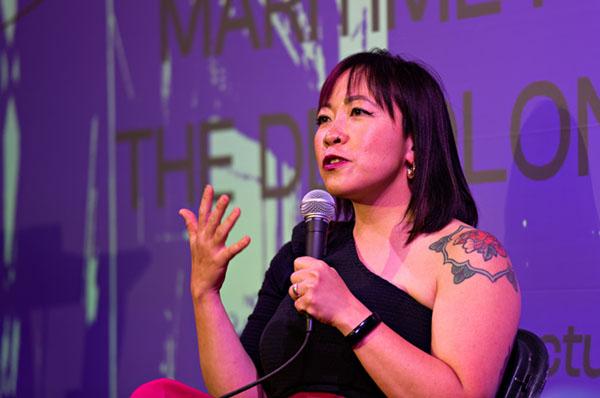Fast circulation, slow life: The racial fix of logistics
by Charmaine Chua, Ph.D.
 Mainstream understandings of “race” and racism often fail to examine the relationship between race and class. Such approaches often insufficiently understand the horizon of racial equality to be the inclusion of the previously excluded into the market, positing the economy as fundamentally race-neutral.
Mainstream understandings of “race” and racism often fail to examine the relationship between race and class. Such approaches often insufficiently understand the horizon of racial equality to be the inclusion of the previously excluded into the market, positing the economy as fundamentally race-neutral.
In this paper, I argue that racial inequality is not only reproduced through capitalist markets but constitutes and structures the rules of the logistics industry through a "racial fix." I make this argument through an interrogation of the racialized structures of seafaring labor. Drawing from ethnographic field work on board a container ship, I show that racism structures burgeoning and accelerating global supply chains in three ways:
- Through the colonial legacy of market-based contracts.
- Through states’ own promotion of racialized stereotypes of its people.
- Through the self-exploitation of logistics workers who internalize racialized rationalizations of their capacity to work.
Taken together, my ethnography accounts for an understanding of the racial capitalism structuring the logistical movement of global supply chains as a racial fix, structuring global subcontracting relations not only through the geographical expansion of the global supply chain but also through structural and subjective forms of racialized exploitation. In this way, I argue, logistics capitalism reproduces racial capitalism as a “technology of antirelationality” (Melamed 2015).

Charmaine Chua, Ph.D., is a Singaporean scholar, organizer and writer, and acting associate professor of geography at the University of California, Berkeley. Her interdisciplinary research focuses on Marxist political economy, postcolonial development, and technological change, with a specific interest in how the rise of the logistics industry has reconfigured the contemporary relations between supply chain capitalism, race, and empire.
Her first book, "The Logistics Counterrevolution," is forthcoming from University of Minnesota press in 2027. She is also at work on a second book, "How to Beat Amazon: The Struggle of America's New Working Class" (co-authored with Spencer Cox). Her work has been published in Society and Space, The Review of International Studies, the Socialist Register, Theory and Event, Antipode, The Boston Review, The Nation and Jacobin, among other venues.
She co-directs the Marxist Institute of Research, serves as the current chair of campus organizing with the Council of UC Faculty Associations, organizes with the Logistics Workers League and No Harbor for Genocide, and is a research fellow at the Transition Security Project, where she works on tracing military supply chains.
In 2023, she was named a Marguerite Casey Foundation Freedom Scholar in recognition of movement leaders who participate in academia with a demonstrated commitment to supporting social movements.
